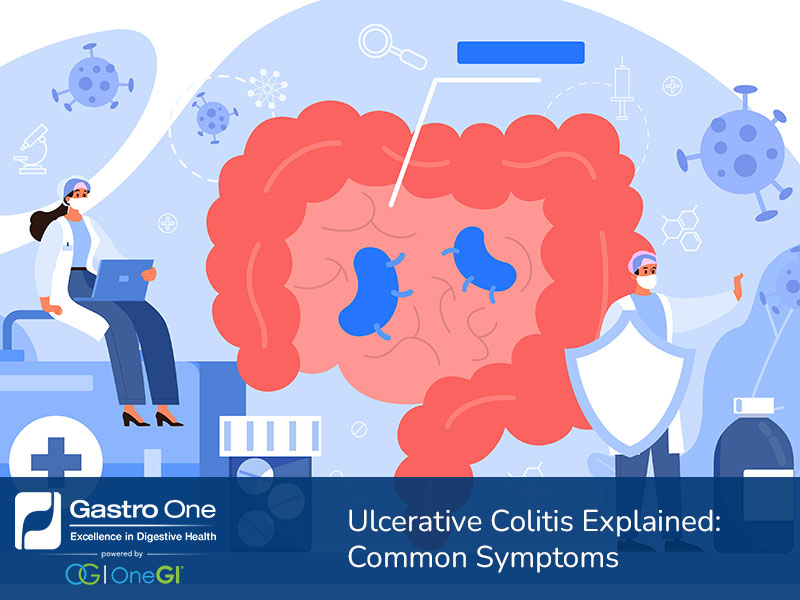
Ulcerative colitis is a chronic inflammatory condition. It affects the lining of your colon and rectum, causing persistent inflammation and sores called ulcers.
Ulcerative colitis is one of the two main types of inflammatory bowel disease (IBD), affecting millions of people worldwide. According to the National Institute of Health, in the United States alone, approximately 600,000 to 900,000 individuals are affected by the condition.
It is most commonly diagnosed in people between the ages of 15 and 30, but it can occur at any age. Studies have also shown that ulcerative colitis has a slightly higher prevalence in men compared to women. Understanding the statistics behind this disease highlights its significant impact and underscores the need for ongoing research and improved treatment options.
Common Symptoms of Ulcerative Colitis
A key factor contributing to ulcerative colitis is an abnormal immune response, where the immune system mistakenly attacks the lining of the colon, leading to chronic inflammation.
Early recognition of ulcerative colitis symptoms can help manage the condition effectively. Here are key symptoms and treatment options to consider:
Abdominal Pain
Pain, often in the lower left side of the abdomen, is a common symptom. This discomfort can worsen during bowel movements.
Persistent Diarrhea
Frequent diarrhea, often mixed with blood or mucus, is one of the most noticeable signs. This can lead to dehydration, so maintaining hydration is essential.
Urgency to Defecate
You might feel a constant or urgent need to use the bathroom, even when your bowels are empty. This condition, known as tenesmus, can disrupt daily routines.
Fatigue
Chronic tiredness is widespread among individuals with ulcerative colitis. It stems from the body’s effort to reduce inflammation and the loss of nutrients from frequent bowel movements.
Unintended Weight Loss
Loss of appetite or nutrient absorption due to colon inflammation can lead to weight loss.
Ignoring these symptoms can result in complications like severe dehydration, osteoporosis, toxic megacolon, or even colon cancer. Seek medical advice promptly for diagnosis and treatment.
Diagnosis of Ulcerative Colitis
Diagnosing ulcerative colitis is key to managing symptoms and improving quality of life. This condition is marked by flare-ups and periods of remission, with symptoms that can range from mild discomfort to severe complications. Recognizing the early signs and understanding the diagnostic process are essential steps in identifying and treating ulcerative colitis effectively.
Diagnosing ulcerative colitis involves a combination of methods, including:
- Reviewing the patient’s medical history, symptoms, family history, and lifestyle factors.
- Conducting blood tests to check for anemia or inflammation.
- Using stool tests to rule out infections.
- Performing imaging procedures like colonoscopy or sigmoidoscopy for direct observation of colon inflammation.
- Taking biopsies to analyze tissue samples for confirmation.
To accurately identify and confirm a diagnosis of ulcerative colitis, gastroenterologists also refer to certain factors:
Key factors contributing to ulcerative colitis:
- Genetics increase susceptibility, especially for those with a family history of IBDs.
- Environmental factors, gut microbiota, and immune system responses also play significant roles.
Understanding these factors is crucial for accurate diagnosis and effective management.
Treatment Options
Ulcerative colitis treatment focuses on reducing inflammation, managing symptoms, and promoting long-term colon healing. Options include:
Medications
Anti-inflammatory drugs, immune suppressors, and corticosteroids are often prescribed. Biologics targeting specific immune responses may also be an option.
Dietary Adjustments
Eating high-calorie, low-fiber foods, along with consistent hydration, can help regulate symptoms. Always consult with a healthcare provider before making dietary changes.
Surgery
Severe cases may require the removal of the colon and rectum. To help with waste elimination, a j-pouch procedure might be performed. A j-pouch is an internal reservoir made from the small intestine that collects waste, allowing normal bowel movements without the need for an external bag.
Complementary Therapies
Probiotics and fish oil supplements may offer additional symptom relief but consult your doctor beforehand.
Take Action
If you experience symptoms, consult a gastroenterologist for accurate diagnosis and a tailored ulcerative colitis treatment plan. Learn more about managing ulcerative colitis symptoms and support your long-term health effectively by scheduling an appointment today.



